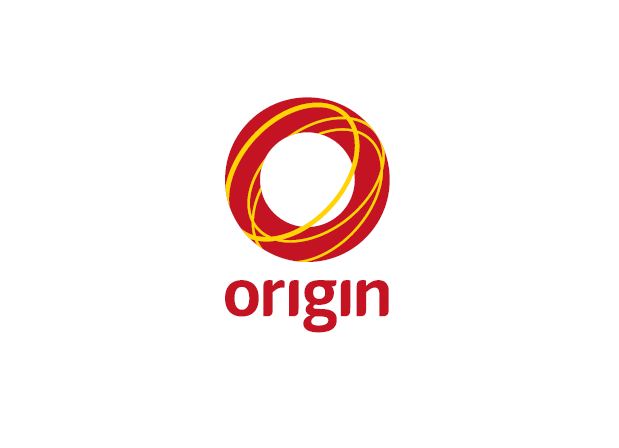

Origin Energy chief Grant King has warned power bills will keep surging unless Australia’s green energy policies are overhauled. And Mr. King says the coal mining industry is at a crossroads as prices tumble in response to the US shale gas boom.
Speaking at the 2013 Annual Stockbrokers Conference yesterday, the head of one of the nation’s largest electricity retailers said the “green part” of a typical electricity bill had spiked.
Renewable energy costs now accounted for 14% of electricity bills, up from 2% five years ago, Mr. King said. For larger users, it accounted for 30% of their bills, he said.
Mr. King said the global consensus on the need for a carbon price had evaporated. As a consequence, the Federal Government’s Renewable Energy Target scheme and carbon price were “increasingly disadvantageous to Australia”.
Origin has predicted renewables will supply about 27% of electricity by the end of the decade, exceeding the Renewable Energy Target goal of 20 per cent and adding to the cost of electricity. Mr. King said the nation needed to change the way it subsidized solar energy, accusing solar users of “free-riding” on the network.
He said a rise in network costs — costs for delivering electricity to households — was the biggest factor behind soaring power bills and solar users were not paying their fair share.
“Solar has, in my view, had a terrible impact on consumers and has been over stimulated by feed-in tariffs,” he told the conference in Sydney. “It’s just wrong and a consequence of poor policy.” The Origin chief said the high level of subsidies paid for renewable energy projects in many European countries was a key reason behind the continent’s economic woes.
“Spain is largely bankrupt due to subsidies on renewable energy,” he said. Mr. King also gave a downbeat assessment of the local coal industry, saying the rise in US shale gas would increase that country’s exports and drive down the coal price.
“The coal mining industry has gone from boom — I won’t go as far as to say bust — but clearly projects are not proceeding,” he said. “The competitiveness, if you like, and even the profitability of many existing coal mines is now challenged.”
Mr. King said there had been an “enormous withdrawal of capital” from the coal sector in recent times after the slump in coal prices. He also said the switch from coal to gas for electricity generation in the US had led to a historic drop in the country’s carbon footprint to the point where America was now a less carbon intensive economy than Australia.
Mr. King, who is overseeing the $24.7 billion Australia-Pacific liquefied natural gas project in Queensland, said Australia was likely to emerge as the world’s largest LNG exporter sometime between 2015 and 2020. “That is an extraordinary development in Australia,” he said.
Gallagher Re has shed light on the significant challenges insurers face when providing coverage for…
The Australian government will disburse AUD 1.7 million (USD 1.1m/EUR 1m) in grant funding to…
GlobalData’s latest report, ‘Asia Pacific Renewable Energy Policy Handbook 2024’ is among the latest region-specific…
The electrical generation market is facing a number of challenges, including the need to increase…
Nuclear energy has emerged as a prominent player in Asia's energy landscape, offering a reliable…
The pursuit of a low-carbon future has gained significant momentum globally, and Asia stands tall…